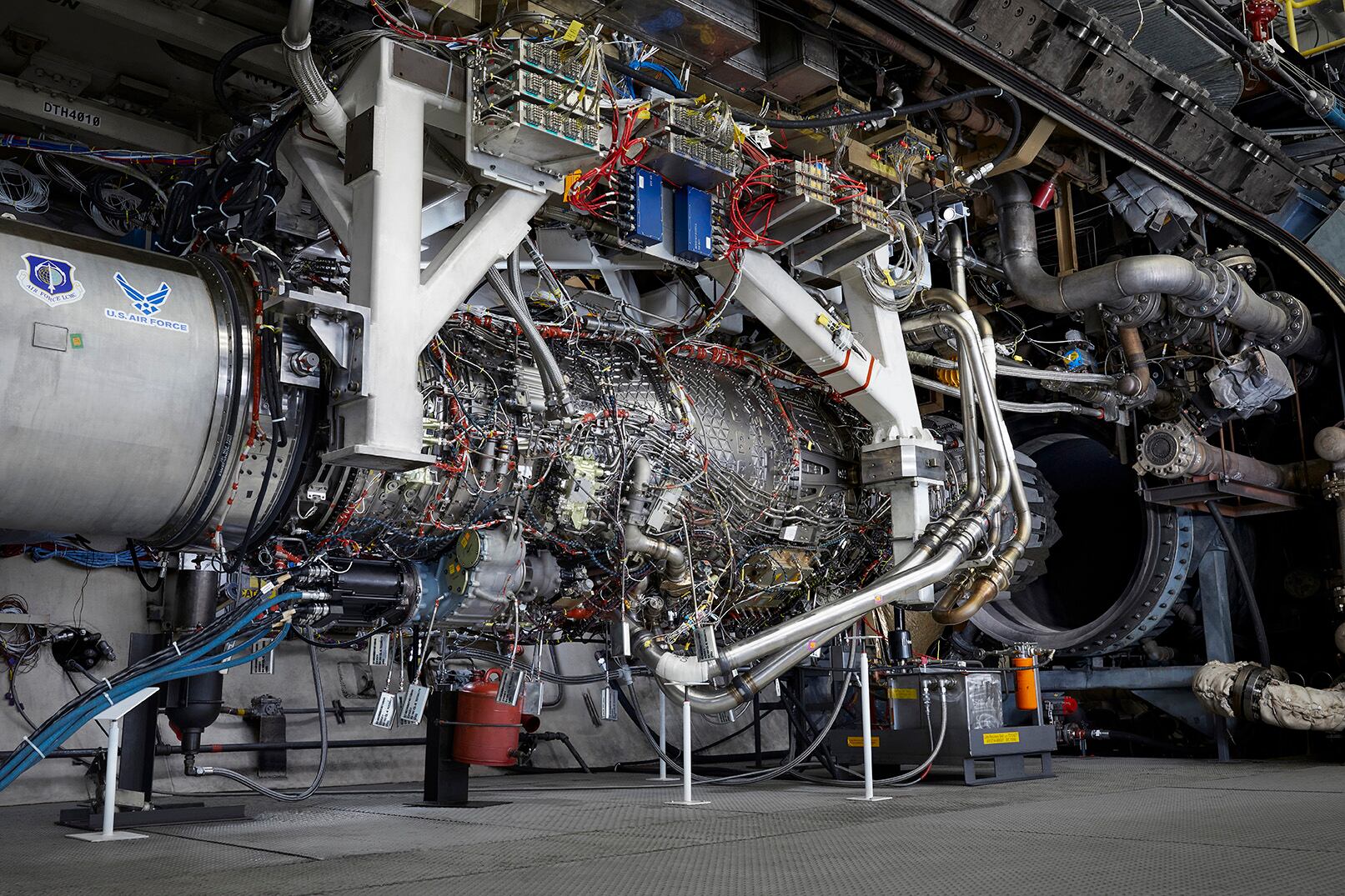WASHINGTON — The U.S. Air Force on Friday awarded contracts worth a total value of about $4.9 billion to five companies to develop prototypes of an adaptive engine for its next-generation fighter jets.
The service awarded General Electric of Cincinnati, Ohio; Pratt & Whitney of East Hartford, Connecticut; Boeing of St. Louis, Missouri; Lockheed Martin of Palmdale, California; and Northrop Grumman of Palmdale, California, each an indefinite delivery, indefinite quantity contract worth up to $975 million to carry out the prototype phase of the Next Generation Adaptive Propulsion program, according to the Defense Department.
The awards mark a broadening of the adaptive engine market, which until now was dominated by GE Aviation and Raytheon Technologies-owned Pratt & Whitney. Those companies were developing engines under the Adaptive Engine Transition Program, which the Air Force pursued as a way to produce a new replacement engine for the F-35 Joint Strike Fighter.
The Air Force said work on these prototype engines — including design, analysis, rig testing, prototype engine testing and weapon system integration — is expected to conclude by July 2032.
Adaptive engines of the kind under development by Pratt & Whitney and GE Aviation use advanced technologies like a third stream of air to improve fuel efficiency, thrust and range.
Air Force Secretary Frank Kendall told lawmakers in April an adaptive engine, if used in the F-35, would offer substantially increased power that would allow it to operate modernized capabilities.
The Air Force’s decision came about a week after service officials expressed concern that not replacing the F-35′s engine with an adaptive version could lead to the collapse of the advanced propulsion industrial base.
Stephen Losey is the air warfare reporter for Defense News. He previously covered leadership and personnel issues at Air Force Times, and the Pentagon, special operations and air warfare at Military.com. He has traveled to the Middle East to cover U.S. Air Force operations.





